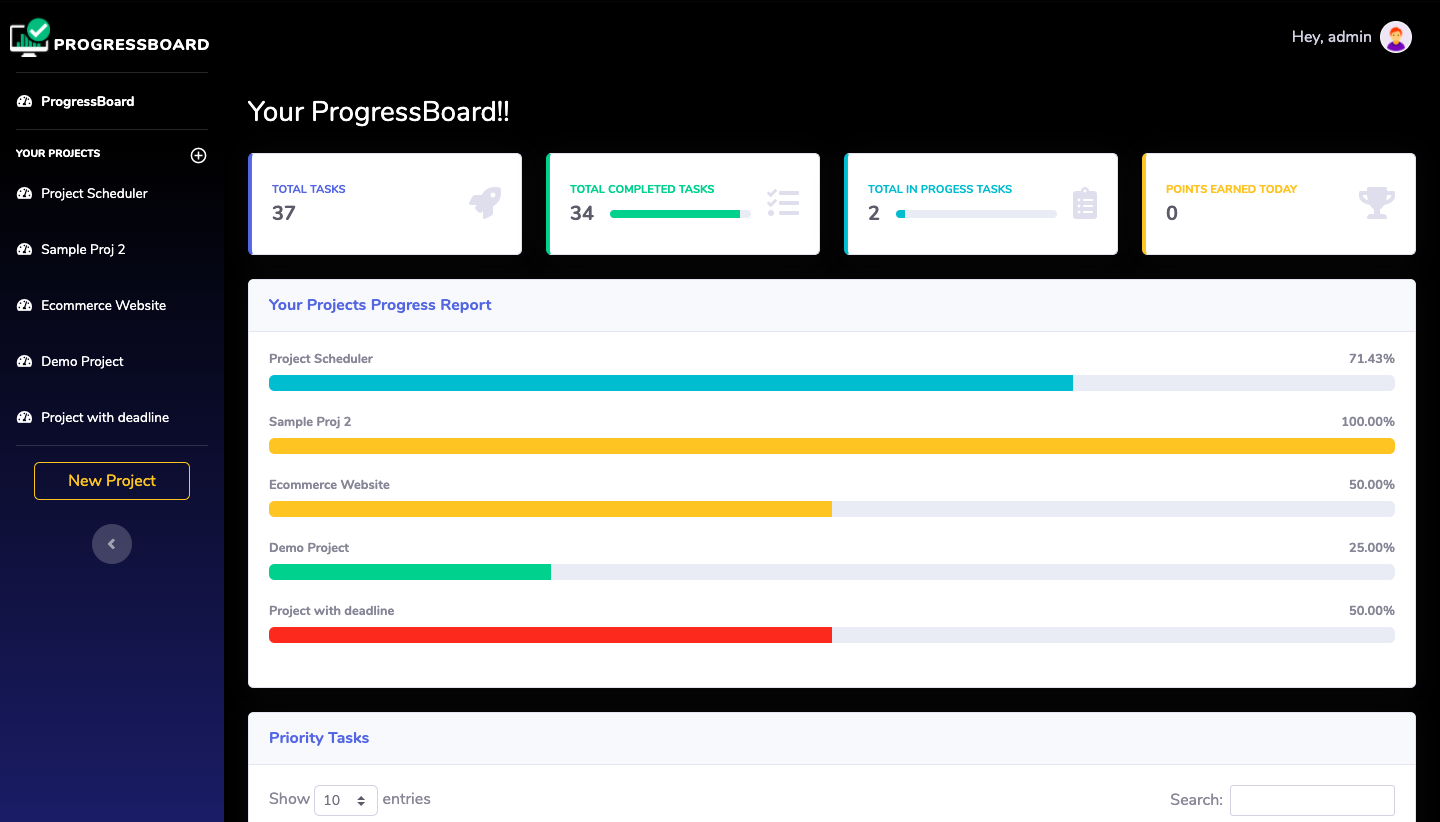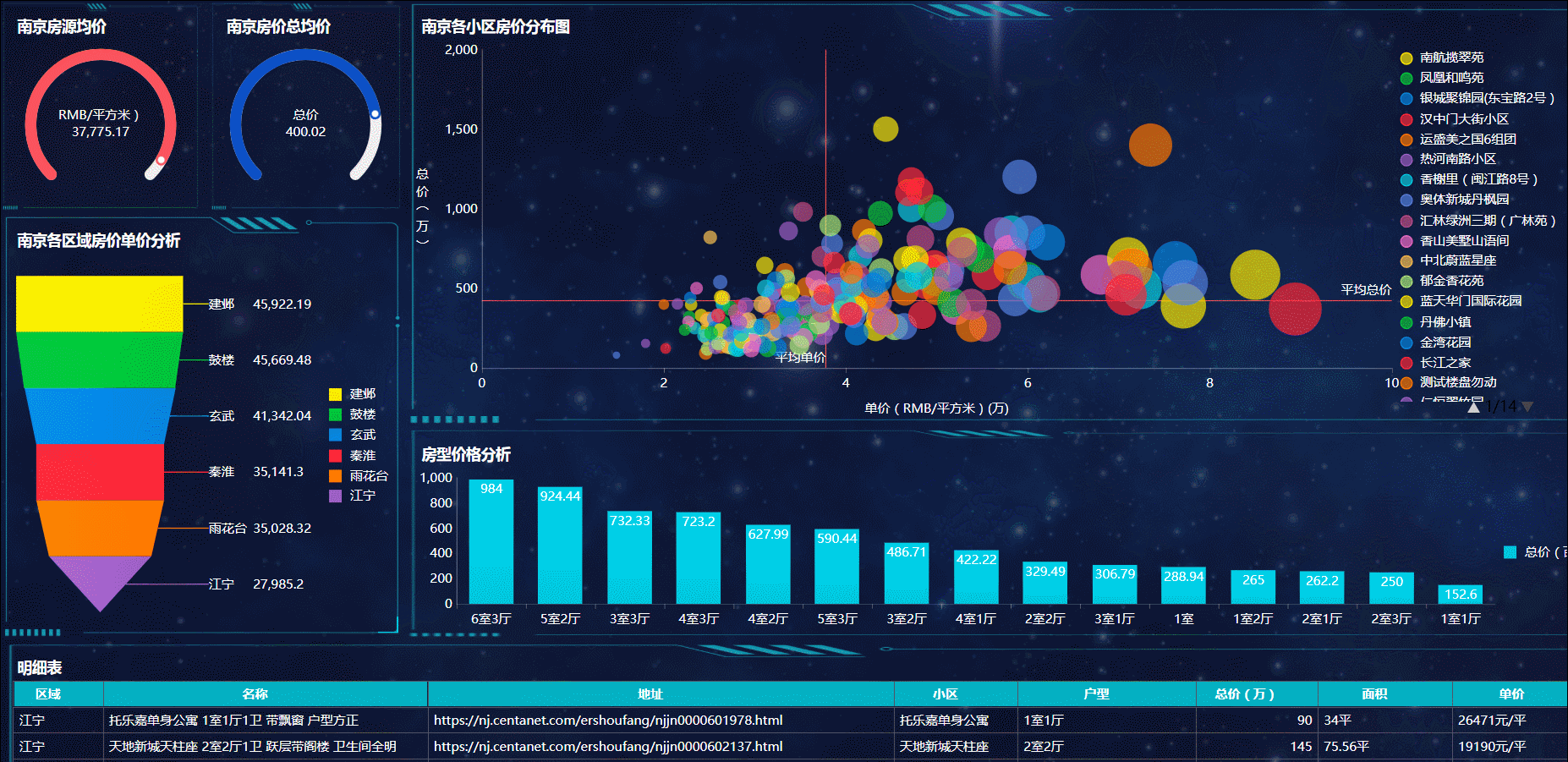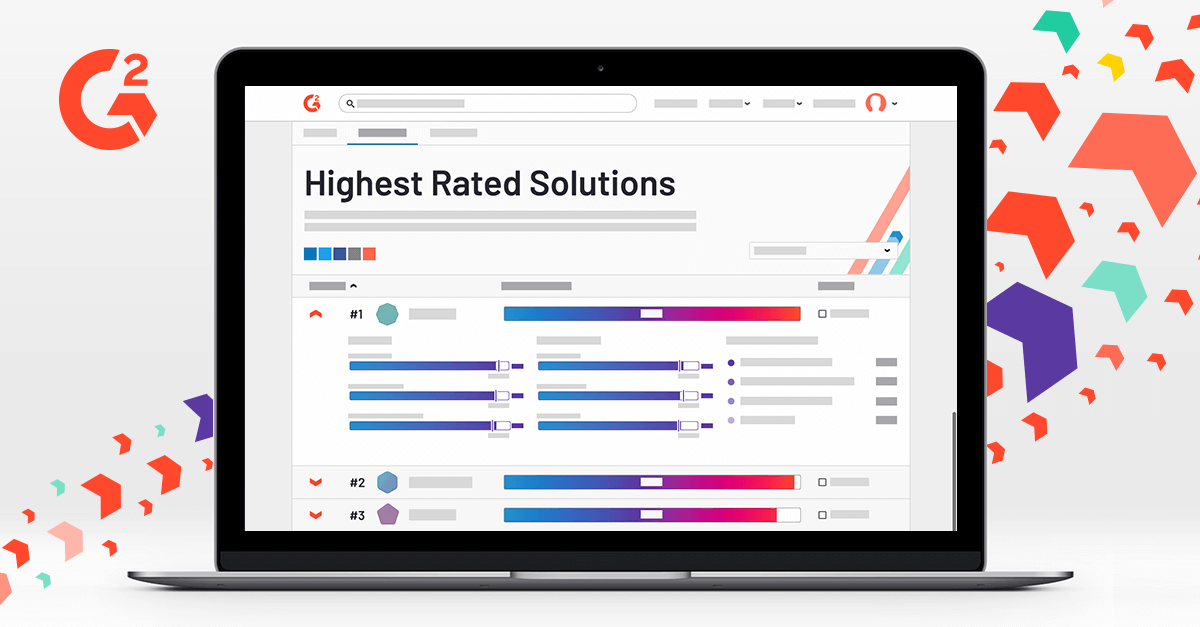

Collaboration – All project management tools have collaboration functionalities in some way, whether that is collaborating on individual tasks, chatting, or sharing documents back and forth.Parent and child projects – These tasks need to be assigned to specific projects, so most project management tools have both parent projects (a big projects that smaller projects fall under), and child projects (the smaller project that falls under the parent).Task tracking and assigning – Most, if not all, project management tools have the ability to assign and track tasks across their lifecycle.Project management tools range in capabilities, but most have a few things in common. What are project management tools?Īt it’s most basic, a project management tool is software that help teams plan, manage, and optimize resources across an organization. Additionally, organizations that invest in project management tools waste 28x less money than organizations that do not. In case you need more convincing to try a project planning tool, an estimated 77% of high-performing teams using project management tools.

When you start to think about planning, it’s critical that you consider choosing the best project management tool for your team.

With a range of features including flexible project views like Gantt, table, and portfolio view, as well as analytics, project tracking and resourcing, project management tools are critical for many businesses workflows. They create a transparent record so everyone knows who is doing what and when. A good project management tool makes planning, executing, and monitoring project progress a total breeze.


 0 kommentar(er)
0 kommentar(er)
